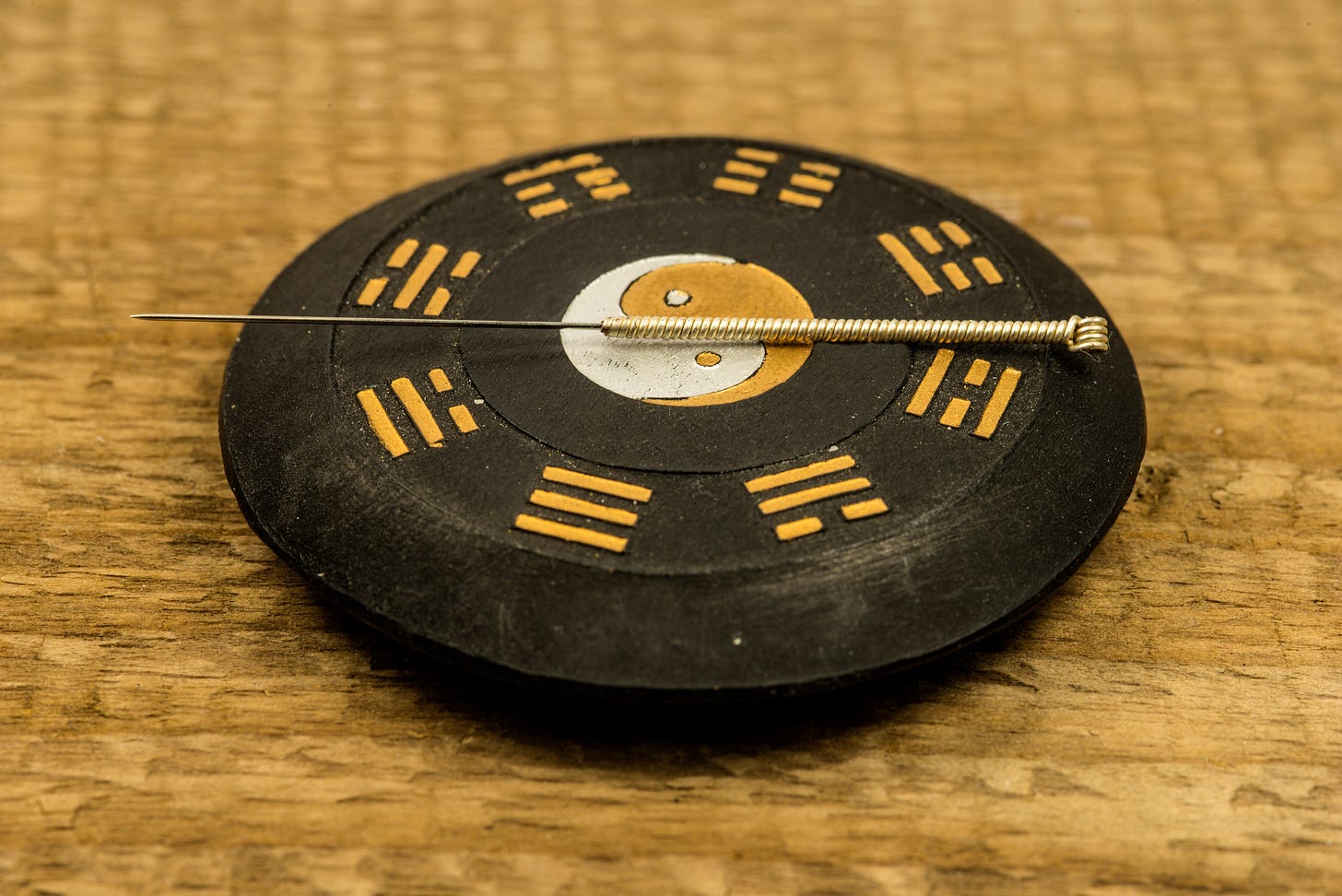How Acupuncture Influences Neurotransmitters: A Bridge Between Ancient Wisdom and Modern Science
Acupuncture, a cornerstone of traditional Chinese medicine (TCM), has gained increasing recognition for its ability to influence the body's neurochemistry. This ancient practice, which involves inserting fine needles into specific points along the body's energy pathways, or meridians, is being studied through the lens of modern neuroscience. By affectin…



